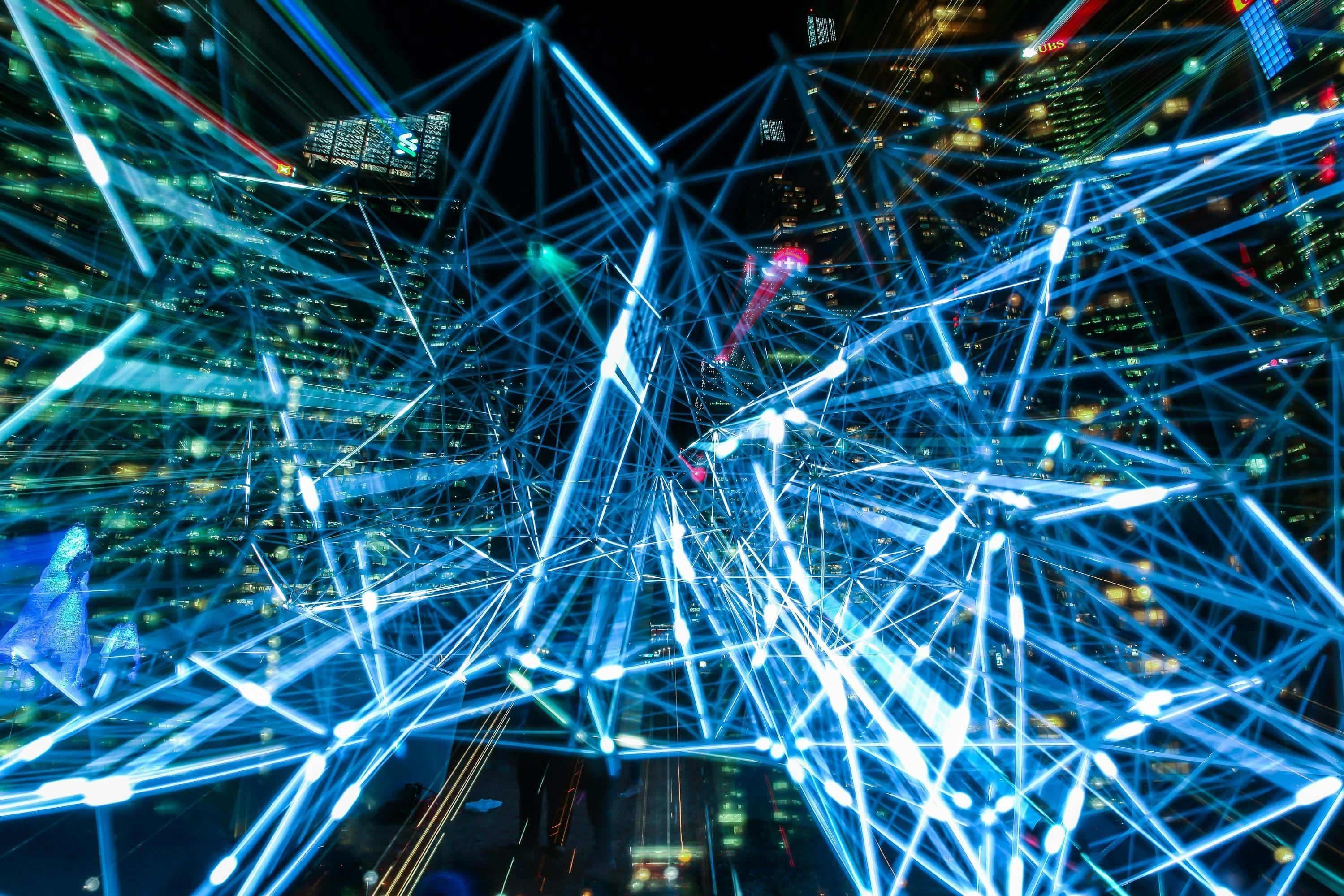

Explore the future of AI across various industries including healthcare, finance, education

Ahmed | 13/01/2025
No more science fiction is tied with artificial intelligence (AI). Today, AI is powering many of the most sophisticated technological innovations defining our current world. From healthcare to finance to education to entertainment and so much more, AI is revolutionizing industries and reshaping the ways we live, work, and share our planet. In the following section, we dig deeper into what's ahead with AI and what tomorrow will be like.

Artificial Intelligence refers to the ability to make computers and other machines behave in ways that people consider characteristic of human intelligence by the immense capability of artificial neural networks to comprehend and replicate the cognition abilities people have. They simulate capabilities akin to human learning, problem solving, decision making, perceiving, understanding, and producing natural languages. According to the scope that can be potentially applied, there are two significant categories of AI, which include Narrow and General AI.
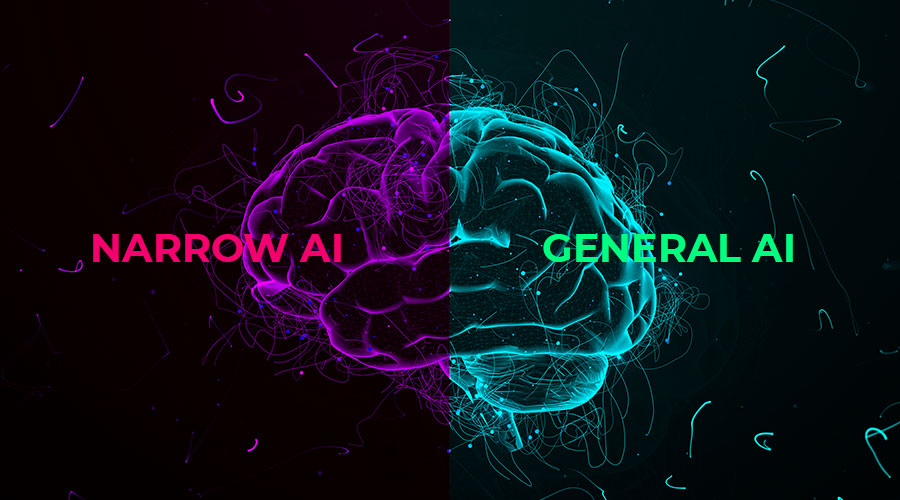
AI is revolutionizing healthcare in three critical areas: advanced diagnosis, treatment plans tailored to the individual, and reducing clerical work. In some situations, machine learning algorithms can actually interpret medical images; they can forecast patient results and even guide surgeons in an operating room. Two companies leading the way for AI-driven breakthroughs in health care are IBM Watson Health and Google Health.
IBM Watson Health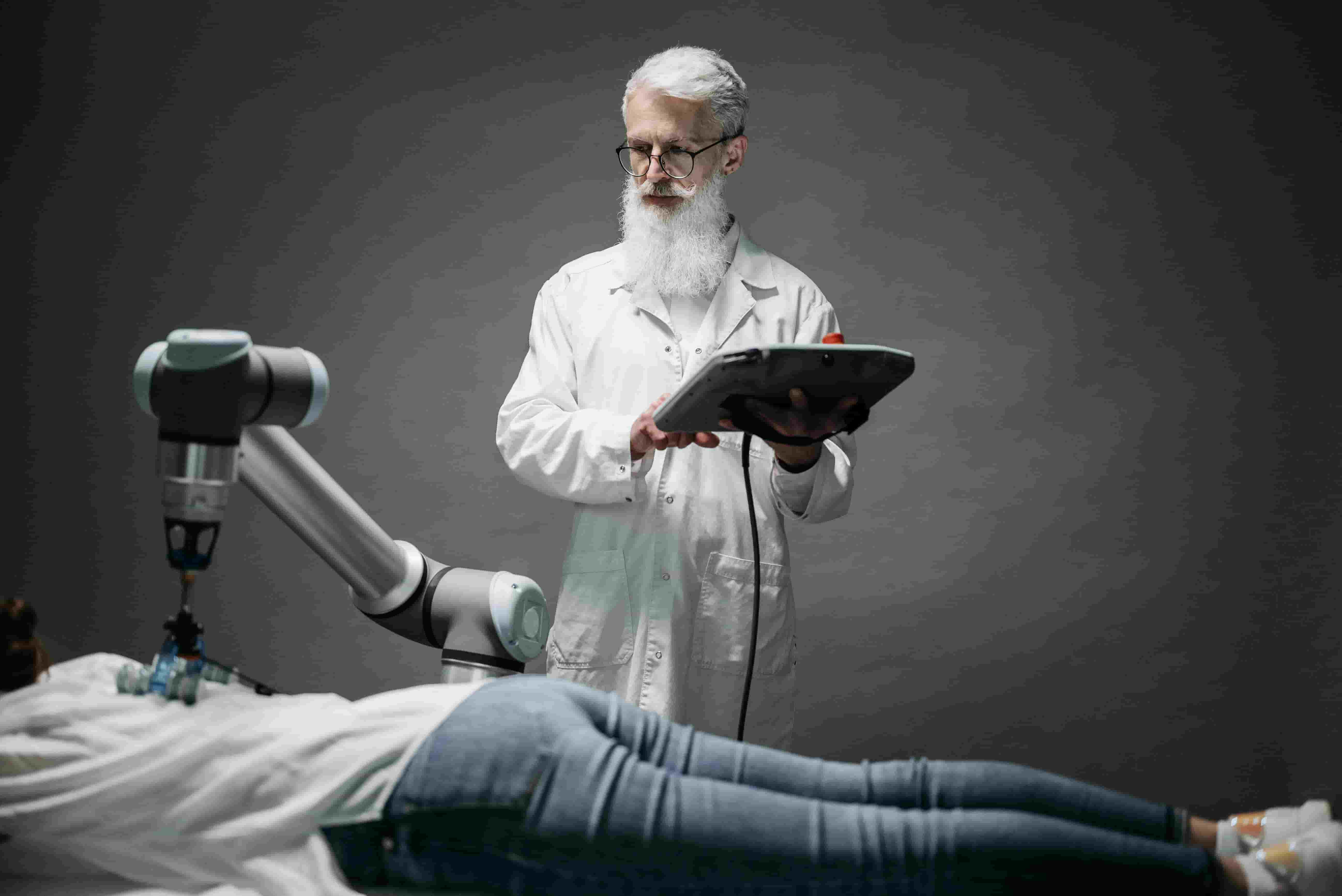
AI has transformed finance by making fraud detection easier and enhancing automatic trading and personal financial advice. AI-based chatbots and virtual assistants have improved customer service. For instance, JPMorgan Chase and Goldman Sachs are using AI to remain competitive with others.
JPMorgan Chase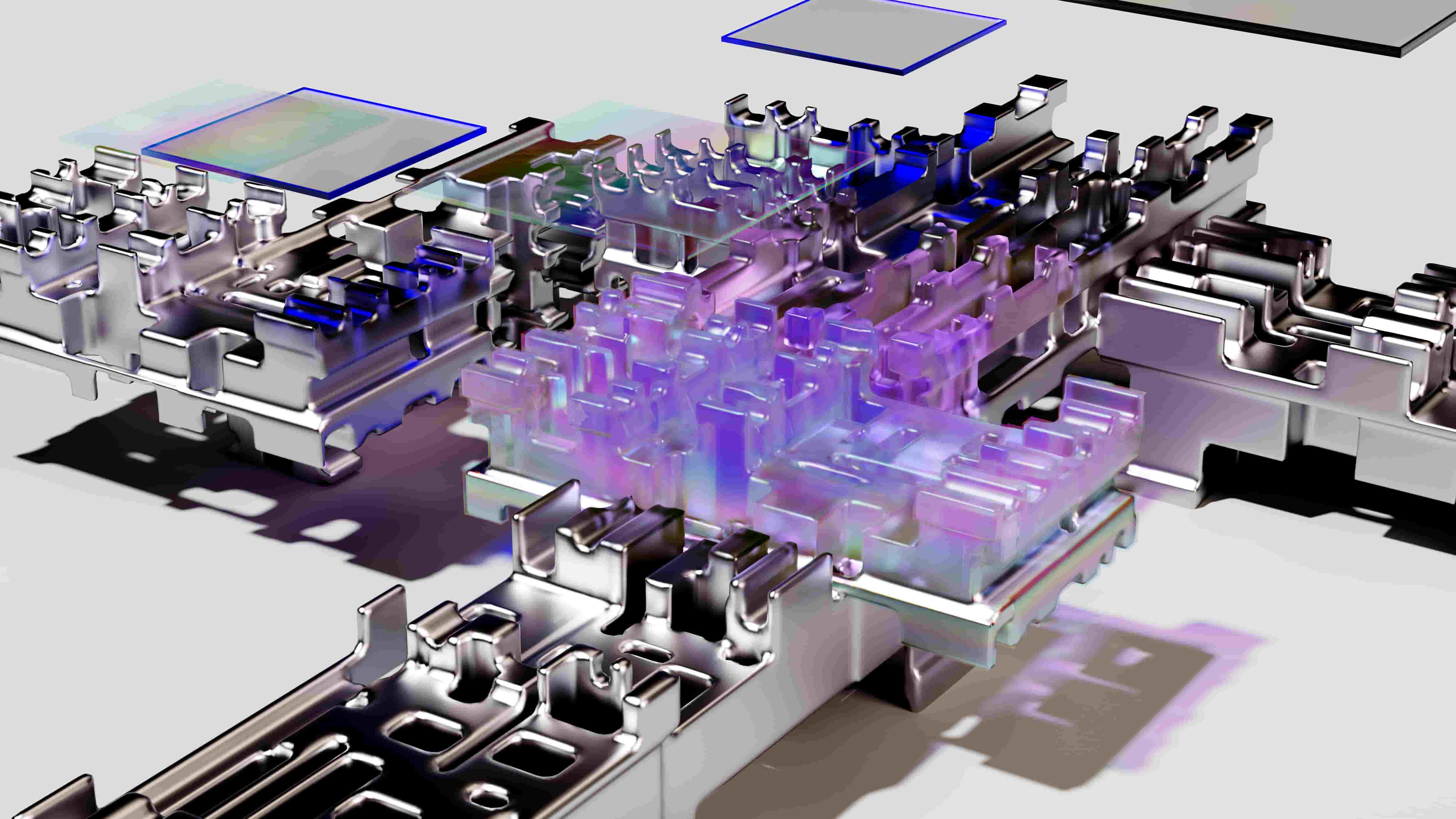
AI is changing education with personalized experiences, automated bureaucracies, and learn at distance. Coursera and Khan Academy use learning platforms to incorporate AI for an enhanced learning experience and to make it accessible.
CourseraOne of the long-awaited breakthroughs about AI is an autonomous vehicle. Self-driven cars are going to transform the way people travel; they reduce road accidents, easy flow of traffic, and permit others to commute who are disabled and cannot walk or drive. A lot of companies, especially Tesla and Waymo, take the lead to create the future for self-driven cars.
Tesla
The emerging concept of smart cities is also pretty important. Whether it's the optimization of energy consumption, public transportation, security, or waste management, AI can be used to develop more efficient and sustainable urban environments. Singapore and Barcelona are already working on AI-driven solutions to improve the quality of life for its residents.
Smart Cities World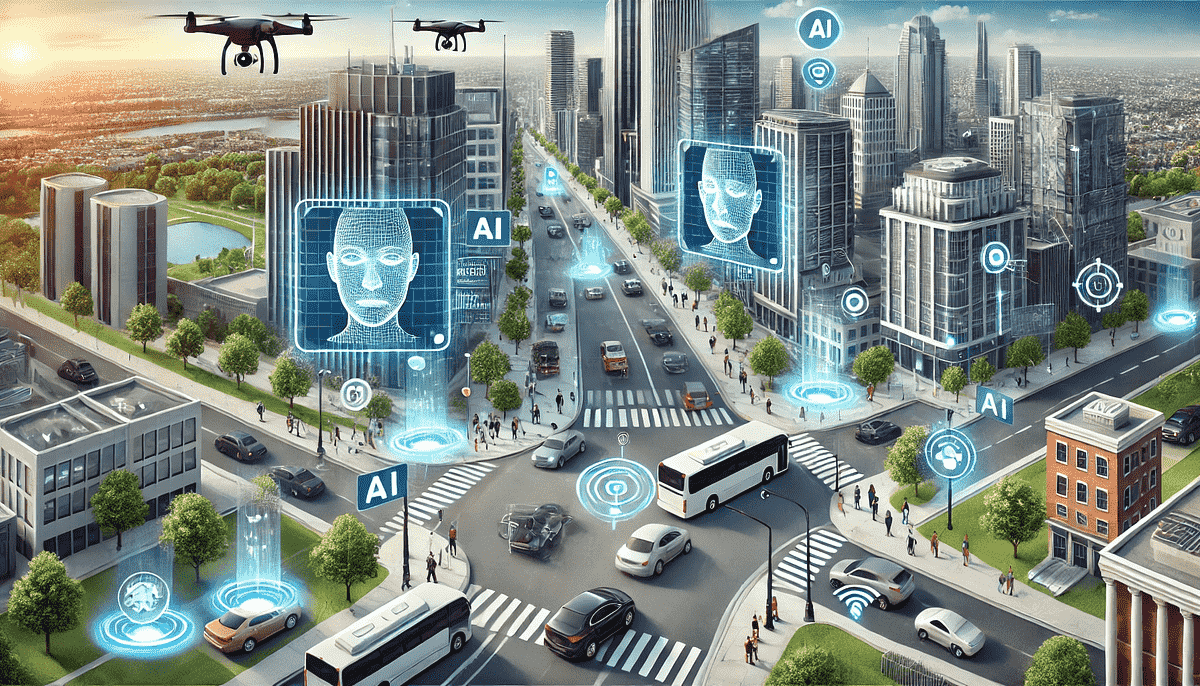
AI will transform the workplace: from redundant tasks to new intelligent decision-making processes, increased productivity, and in general, it is meant to replace jobs with new ones. This means enabling human beings to spend their time doing other creative as well as strategizing roles. The workforce should change and be reskilled and upskilled according to this changing new job landscape.
World Economic Forum on AI and the Future of Work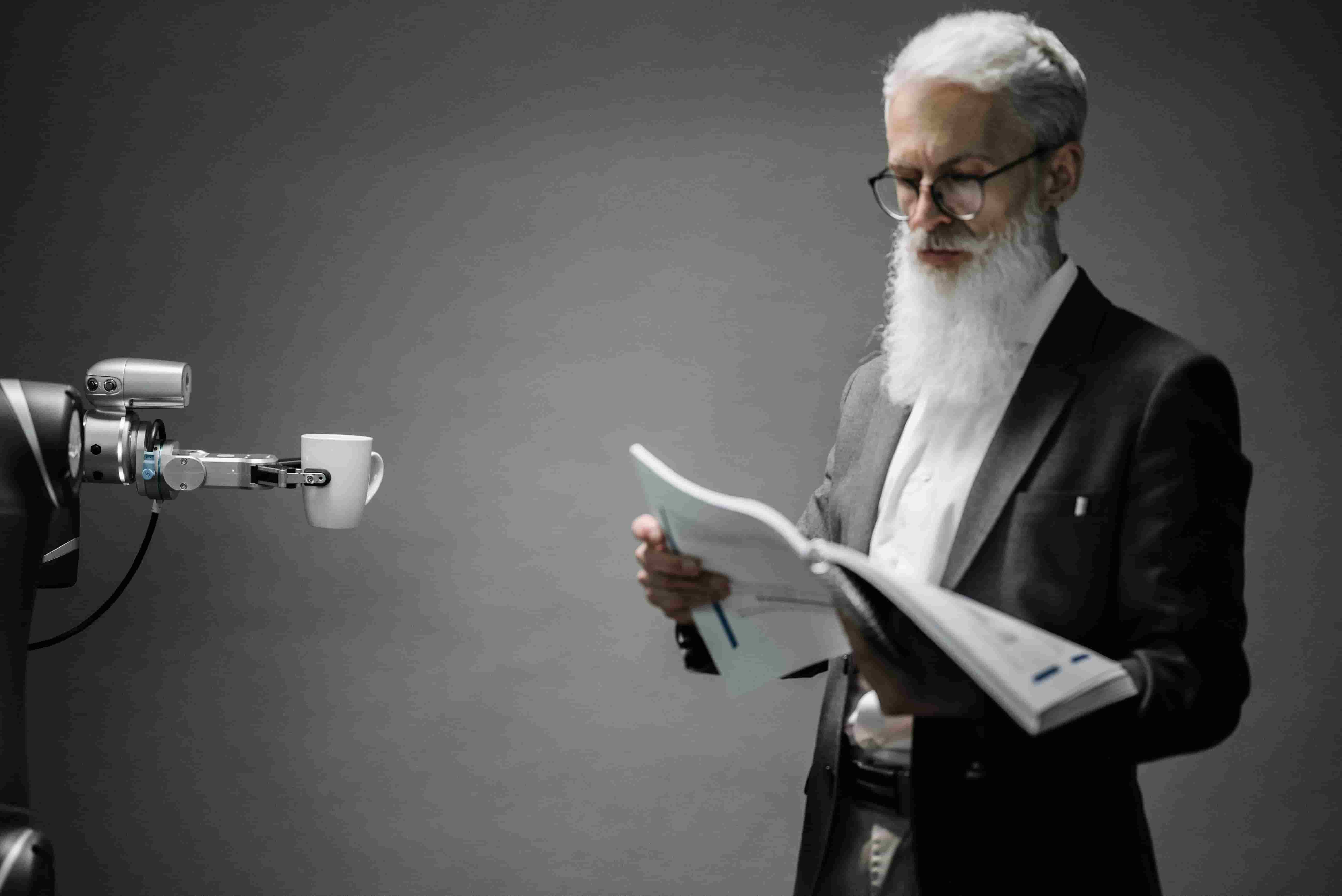
There is also the increase in ethical and social impacts through the growth of AI. The questions include data privacy, an issue of whether or not an algorithm has bias within it, or whether AI technology has been misused. Such answers can be guaranteed by making sure AI will benefit more of humanity than harming. There is a close interaction between the researchers, policymakers, and leaders in the industries to map the guidelines and regulation that shall oversee the ethical application of AI.
AI Ethics Guidelines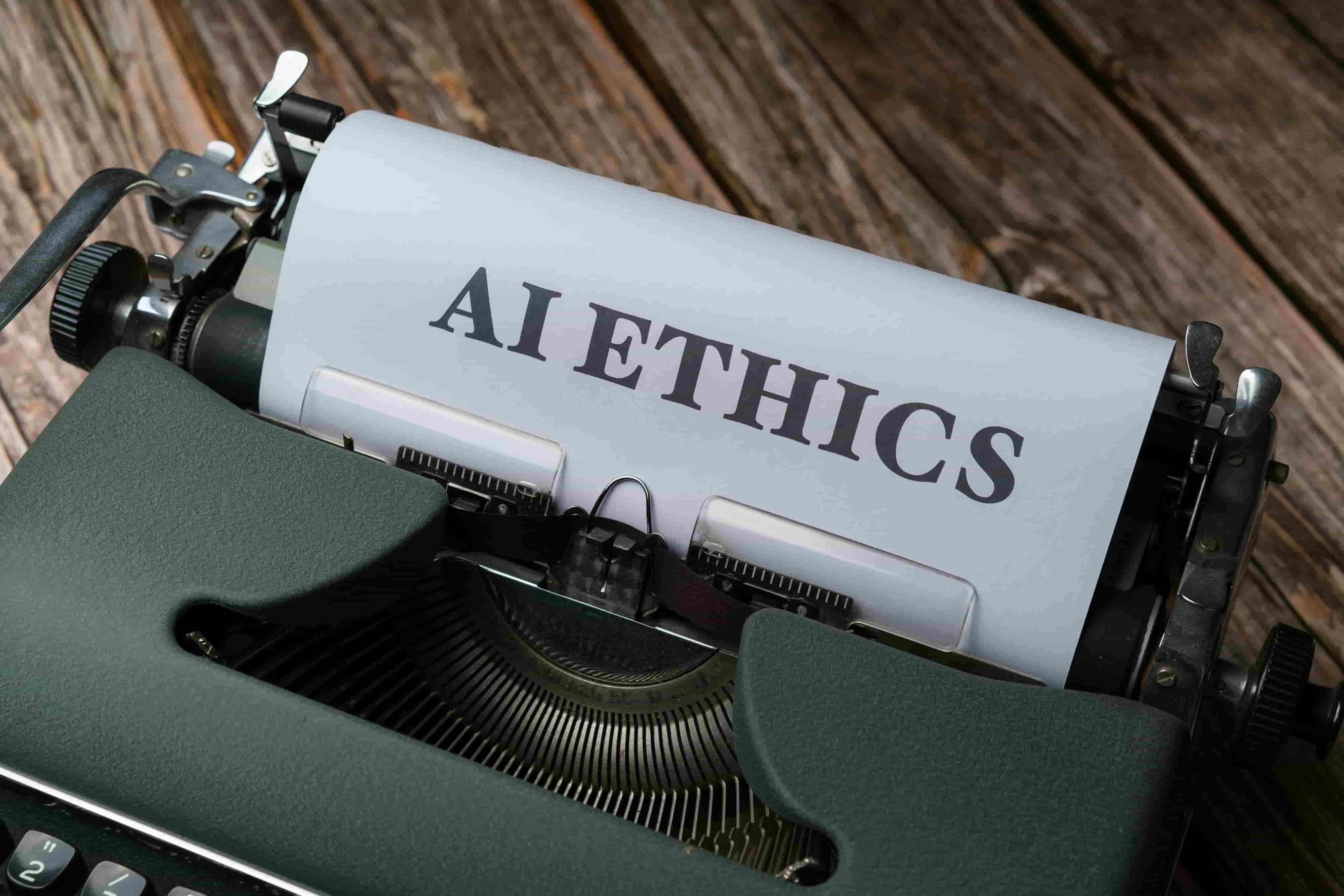
AI is changing the entertainment world by providing superior content creation, personalized user experiences, and potent special effects. AI algorithms may analyze the choices of the user and advise on what type of content should be streamed. AI tools are capable of developing animations and special effects that appear to happen in real life. Companies like Netflix and Disney have used AI in order to make the audience watch more and immerse in such experiences.
Netflix
AI is going to play a very massive role in climate change. This can be used in optimizing energy consumption, weather patterns, and the development of sustainable agriculture practices. It can thus be used in helping mitigate the effects of climate change and promote environmental sustainability. Organizations such as the AI for Earth initiative by Microsoft are working on harnessing the power of AI to protect the planet.
AI for EarthHealth is one of the areas with immense scope for AI. Advancements like predictive analytics, telemedicine, and personalized medicine can transform the very way care is provided to patients and improve health outcomes. For instance, AI can predict outbreaks, monitor chronic diseases, and offer a genetic blueprint for customized care.
Google Health
Its future is so bright that it will revolutionize almost every walk of life. A tremendous jump forward in AI development will open new possibilities shining brightly upon healthcare, finance, education, transportation, and many more. However, if all these boons are to knock on our doors, then its challenges in society need to be addressed.
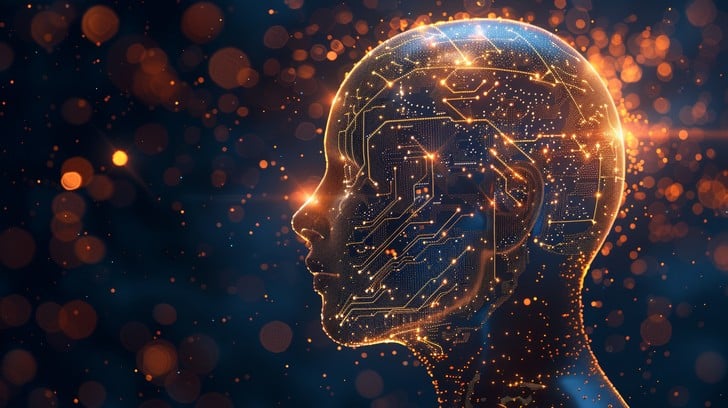
AI does not only shape future but creates. Embracing AI and whatever it has on offer brings that much closer an improved, much more efficient future, and hence sustainable for further generations.